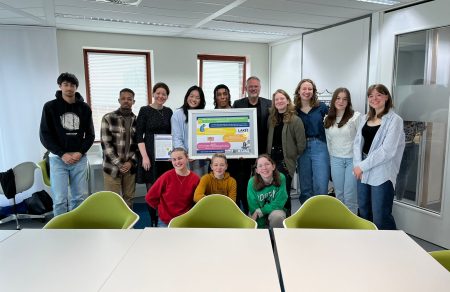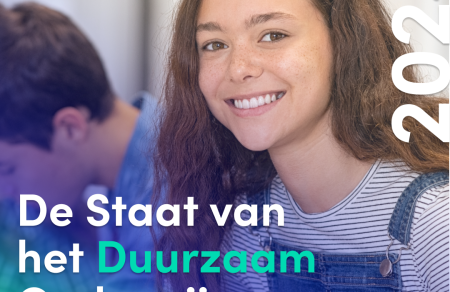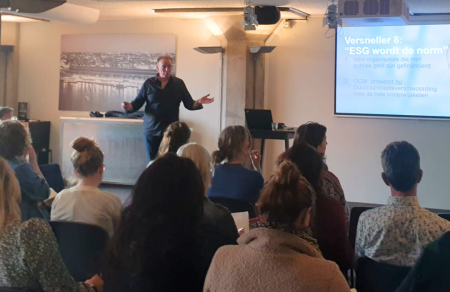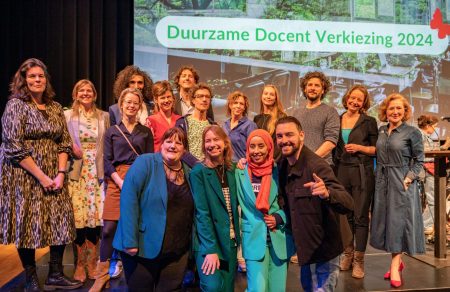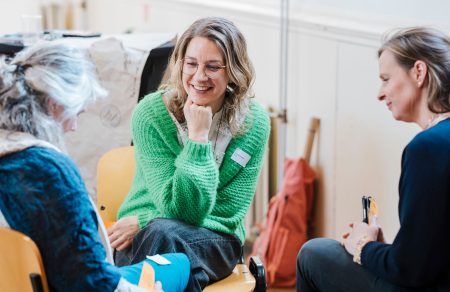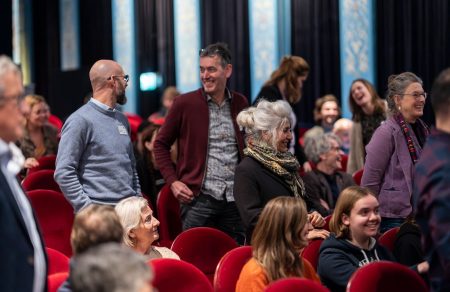On behalf of more than 150 organizations inside and outside education, Learning for Tomorrow asks the newly formed cabinet to follow up on the following recommendations, in order to put learning for sustainable development at the heart of education. With the Sustainable Development Goals as a goal, and based on the Whole School Approach, the advice reads:
- Take direction on Learning for Sustainable Development.
This on the one hand by facilitating a central point for exchange and knowledge sharing in the field of Learning for Sustainable Development. On the other hand, direction can be taken - similar to the CSRD guidelines for companies - by encouraging schools to include a chapter on sustainability in their Course Plan or School Plan and to report on the results. - Promote the inclusion of sustainable development in legal qualification requirements
Encourage the inclusion of quality requirements for sustainable education laid down in qualification requirements and dossiers, core objectives and examination syllabuses. Seize the moment when attainment targets are revised for this purpose, but in the meantime, do not forget the opportunities to encourage schools to supplement their own existing curriculum. - Encourage and facilitate teachers' professional development in the area of Learning for Sustainable Development, by including it in the professionalization policy.
Offer (financial) room for training in the field of Learning for Sustainable Development as part of the existing professionalization policy. Both via initial education (via teacher training programs) and also as part of lifelong learning trajectories. - Support and encourage educational institutions to improve their school building(s), make operations and outdoor space more sustainable.
Require educational institutions and municipalities to make school buildings and outdoor areas more sustainable as part of the Integrated Housing Plan. Provide adequate financial coverage for this plan. - Allow school stakeholders to participate structurally in policy discussions for Learning for Sustainable Development.
The voice of young people is especially important here. Give them a structural place in processes and decision-making and apply a generation test to new policy to be formed. Also consider input via, for example, a citizens' council or consultations with the field.
